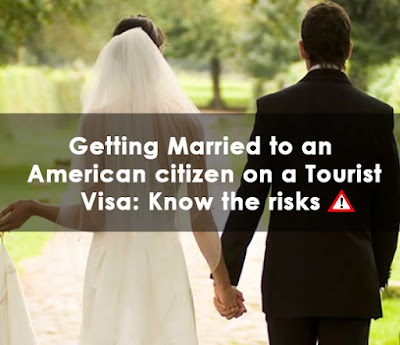Filipino anti-U.S. activists sent a clear message ahead of U.S. President Donald Trump’s arrival in the Philippines: No, he isn’t welcome. But while many other Filipinos may share their contempt for Trump, they don’t share the anti-U.S. sentiment.
“Everyone’s dream — naman — is to go to the U.S.A.,” said U.S. immigrant-hopeful Jonalyn Caliwag.
It’s a dream that Caliwag’s mother and siblings, as well as close to 4 million other Filipinos, are living now. Filipinos make up the second largest Asian ethnic minority in America.
For those wanting to move to the United States, there is no more important building than the U.S. Embassy in Manila.
Caliwag was already approved as a minor petitioned by a parent living in the U.S. But then she turned 21, at which point she had to be moved to another visa category. Now she fears she may never set foot in the United States.
“From what I’ve seen in the news, Trump does not want more foreigners to be living in the U.S. So I’m worried my mother’s petition for me might never materialize or that I might have to wait a lot longer,” she said.
Earlier this month, Trump told Fox News he plans to also put a stop to chain migration, a policy that has allowed legal immigrants to apply for relatives to come to the U.S., as part of a plan to end the Deferred Action for Childhood Arrivals or DACA program.
But Ryan Barshop, a U.S. immigration attorney based in Manila, says it’s not likely to be a doomsday scenario for petitioned relatives.
“If they did end it and it was passed by Congress, you would have a grace period,” he explained.
“Okay, we’re gonna allow 18 months, let’s just say 18 months to two years, we’re gonna push through all the backlog in that 18 months to two years, get everybody in, and you’re also gonna have 18 months to two years to file.”
But Barshop conceded that doesn’t mean people won’t be hurt.
“Now, if it does change the system, will there be innocent parties? Absolutely, there’s no question about it, people are going to be hurt. In that situation, there are no winners,” he said.
Caliwag has waited close to 20 years to be reunited with her mother. She says she wouldn’t mind waiting another ten, as long as her family can be together again.
(Source: https://america.cgtn.com/2017/11/11/trumps-immigration-proposal-could-dash-filipinos-american-dream)
http://bridgewayimmigration.com
http://bridgewayimmigration.com
Article Disclaimer: This article is made available by the lawyer publisher for educational purposes only as well as to give you general information and a general understanding of the law, not to provide specific legal advice. Use of this article does not create an Attorney Client Relationship. This article does not offer or dispense legal advice. By using the article, the reader agrees that the information does not constitute legal or other professional advice and no attorney-client or other relationship is created. The article is not a substitute for obtaining legal advice from a qualified attorney licensed in your jurisdiction. The information on the article may be changed without notice and is not guaranteed to be complete, correct or up-to-date. The opinions expressed at or through the article are the opinions of the individual author. The article should not be used as a substitute for competent legal advice from a licensed professional attorney in your jurisdiction.











